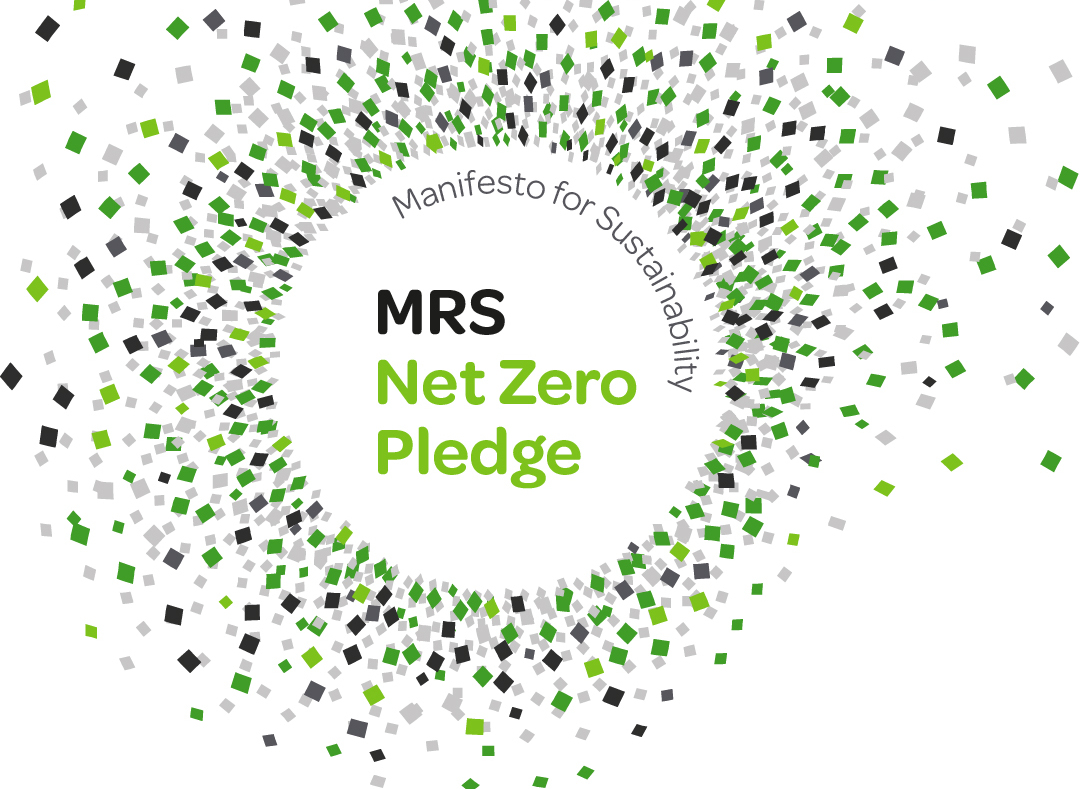
It’s 2018 and IFF have just moved to our new offices in St Magnus House. A nameless colleague empties the used coffee beans from the coffee machine into the paper recycling bin. Shocking bin etiquette, but then saved (unintentionally) by said recycling bin accidentally being thrown into the big black bin bag to be carted off to landfill.
It’s sometimes scary looking at the poor day-to-day environmental practices within the workplace, although I’d like to think the above incident was a one-off.
It’s even scarier when you consider how far we have to go to minimise our impact on the environment, and how reliant we are on everyone to make a difference.
This kind of change requires awareness, engagement, leadership, systems change, time, money, and quite necessarily upsetting the status quo.
And it also needs triggers.
That’s why we were excited to see the launch of the MRS Net Zero Pledge earlier in 2021, and – following the unveiling of our new Energy & Environment sector last week – we’re now delighted to announce that IFF have signed this important Pledge. This trigger builds on environmental improvements we at IFF have started to implement over the last few years, but crucially it provides a target that we are now to be held accountable for.
The key requirement commits us to make the business carbon net zero by 2026. But importantly the Pledge goes further than this, requiring signatories to publish their emissions, collaborate with the sector,
and support and engage others outside the business. As mentioned before, we are reliant on everyone to make the change that is needed.
What makes the Pledge particularly appealing in our eyes is that it reinforces to staff that research businesses – of all shapes and sizes – can, and need to, actively engage with their environmental footprint, however inconsequential this might appear on first sight.
Our existing Environmental Working Group, comprising staff from various levels and departments, will lead on meeting the requirements of the Pledge. We’re passionate about making a difference, but we know there’s a long way to go. First step: obtaining a baseline from which to measure our environmental footprint. Fortunately the baseline year suggested is 2019, so we’re hopeful practices have seen an uptick since coffee-gate.